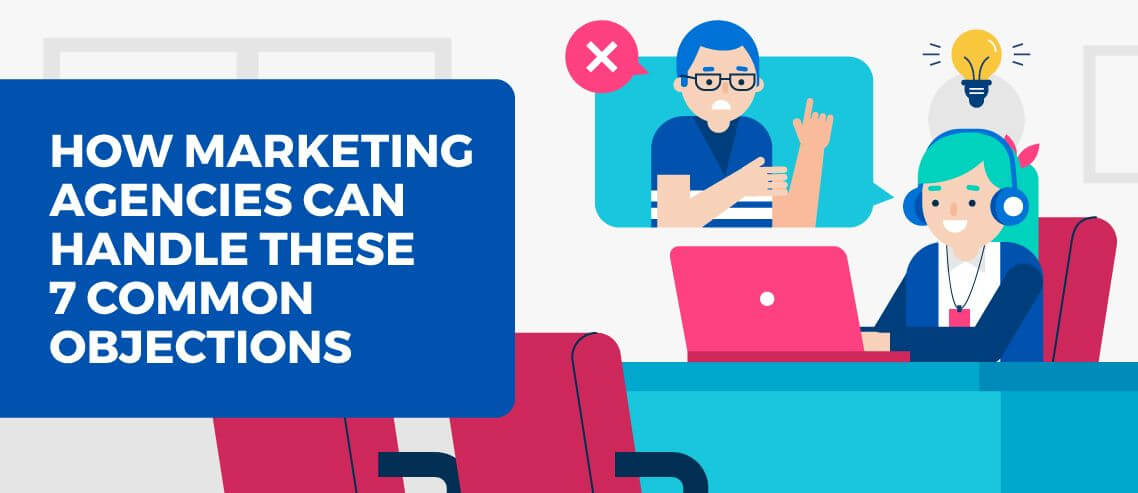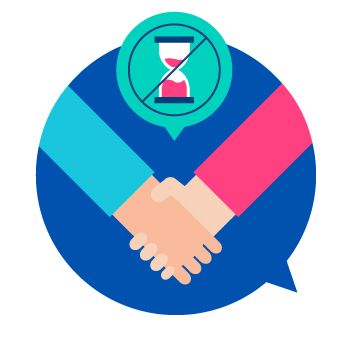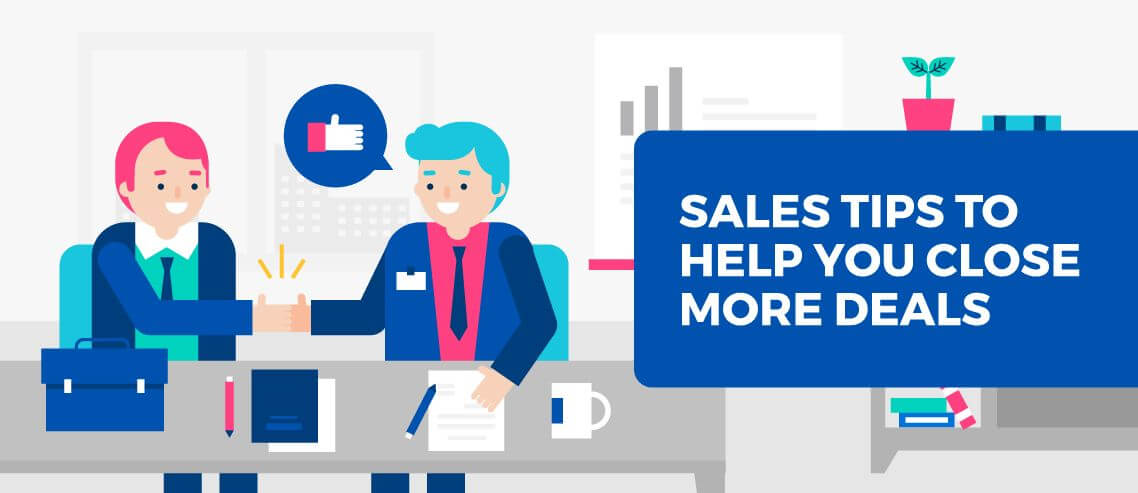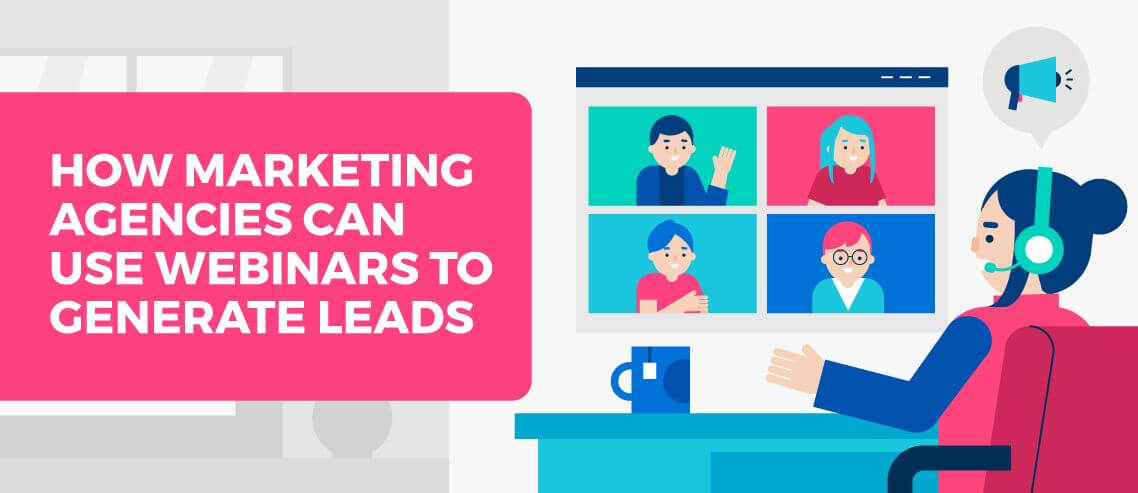How Marketing Agencies Can Handle These 7 Common Objections

Contents
Sales is never easy – but it’s much harder in crowded marketplaces.
Unfortunately, as far as agencies are concerned, the market is pretty much as crowded as it gets, with close to 14,000 agencies in the US alone.
That means even if you focus on a small niche and offer a highly specific service, there are likely dozens – if not hundreds – of other agencies out there doing the same thing.
So if you’re going to stay competitive and close valuable deals, you have to get good at handling objections. In fact, it needs to become second nature.
With that in mind, here are seven of the biggest objections encountered by marketing agencies, plus my advice on how to overcome them.
1. “Agency X Knows Our Niche Better Than You”
There’s no two ways about it; if a rival has more experience in a prospect’s niche than you do, it’s going to be hard to convince the prospect that you deserve to be their next marketing agency.
In this scenario, it’s likely that your rival has worked with multiple other brands in that market. They might have some impressive case studies and testimonials. They might even know some of the same people as your prospect. In short, there are a lot of trust factors in their favor.
How to Handle It
This objection is a lot easier to overcome if you have some experience in the prospect’s niche. That way, you can reference relevant clients you’ve worked with, and share your most eye-catching case studies.
Alternatively, if you lack any experience at all in the prospect’s industry, you’re going to need to shift the conversation.
Rather than focusing on sector-specific experience, talk about your other differentiators. For instance, maybe you’re a smaller agency than your rival, which makes you more flexible and responsive. Or maybe you have more experience in a key area that will make a big difference to the prospect, like SEO or PPC.
2. “We’re Already Working With Agency X, and We’re Happy With Them”
 It would be easy for an inexperienced or unmotivated salesperson to hear this objection and assume there’s simply no chance of a deal.
It would be easy for an inexperienced or unmotivated salesperson to hear this objection and assume there’s simply no chance of a deal.
After all, if the client is already satisfied with their marketing agency and the results they’re seeing, presumably they have no appetite to go through the process of finding and onboarding a new agency.
How to Handle It
This objection is all a matter of perception.
A salesperson could think: “They’re happy with their agency, so I’ll move on to the next prospect.”
Or they could think: “If they’re working with one of our rivals, they’ve already recognized a need for an agency.”
This prospect is already paying for an agency, so they have the budget. And they know they require the expertise of an agency, so they clearly need the services you offer.
Now, it’s your salesperson’s job to dig into the relationship between prospect and agency. Look out for any potential signs of conflict – particularly in areas that align with your USPs. For instance, if they’re dissatisfied with their current agency’s level of communications, explain how you use a project management tool so clients always know what’s happening with their project.
3. “We Need Different Services From What You Offer”
Not every marketing agency offers every possible marketing service. Even agencies that describe themselves as “full service” might not tick every single box.
So it’s not uncommon to contact a potential client to discuss your core service – such as SEO – and for them to say: “We don’t need SEO, we need help with our Facebook Ads instead.”
How to Handle It
As with the previous example, this objection is a lot more positive than it first appears.
Why? Because it suggests that your prospect has already identified that they have a problem.
It would likely be an easier close if you sold the service they want, but in reality, they might not be a marketing expert. They might think they need Facebook Ads, when there are actually much bigger, longer-lasting, and more cost-effective gains to be made from organic search.
They have a goal in mind – most likely relating to revenue. However, they likely don’t care how they reach that goal. So if a different service might be equally – or more – effective, they’ll generally be prepared to hear you out.
4. “Agency X is Cheaper Than You”
We like to imagine that the quality of our service and the results we deliver speak for themselves.
However, competitive pricing is still the biggest factor in the B2B buying process.
Simply put, pricing is the most common reason for objections. Perhaps they have already received a cheaper quote from a rival agency, or perhaps they only have a limited marketing budget and your quote exceeds it.
Even prospects who fully recognize the value you offer and are planning to buy from you might complain about price, because everyone wants to feel like they’re getting the best possible deal.
How to Handle It
Salespeople don’t want to talk about money. When price becomes the focus of a sales discussion, the attention shifts away from the real, measurable value your agency provides.
Rather than getting into a back-and-forth haggling contest, ask why the prospect believes your agency is too expensive. Now you can control the narrative:
- If they received a cheaper quote, compare the two, highlighting all the additional value built into your offer (and why they need that extra value).
- If they have a set budget and you’ve only just found out about it, show them what they can get for their money. Rather than a unified search marketing strategy, maybe their budget only buys them a single channel, like SEO or PPC.
5. “We Don’t Have the Budget to Work With an Agency”
This might sound similar to the previous objection, but it’s actually quite different.
Price is still at the heart of it, but whereas the previous example suggests the prospect is simply looking for a better deal, this one indicates that budget could be a big concern.
There are a few common variants to this objection, such as:
- “We don’t have the budget at the moment”
- “We’ve already spent our marketing budget for the year”
- “All our budget is committed to a different project”
How to Handle It
This objection could be a simple case of bad timing. For instance, if you reach out to a prospect in Q4, don’t be surprised if they tell you their marketing budget has already been spent. In this case, follow up with them in the new year when their budget has reset.
However, it might also indicate that you simply haven’t done a good enough job of highlighting the value of your service. Make sure that your prospect has seen your best, most relevant, case studies so they’re completely clear on the ROI you can deliver.
6. “I Don’t Have Time to Onboard a New Agency”
 Onboarding is a stressful time that can make or break a client-agency relationship.
Onboarding is a stressful time that can make or break a client-agency relationship.
It requires a lot of bandwidth on both the client and agency side, and potentially a lot of back and forth while the two parties figure out the best way for them to work together.
As such, this is a very important objection. While it’s the sales team’s job to close deals, you don’t want to work with a client that lacks the time or resource to properly focus on the onboarding process.
How to Handle It
You should have a good idea of how long your onboarding process takes, and how much time it will require from your prospect.
Be completely transparent. Set out the various touchpoints, and bring everything back to the specific benefits – in terms of time, efficiency, revenue, or all of the above – that they’ll enjoy from working with your agency.
7. “Can You Send Me the Information?”
The average salesperson likely hears this objection multiple times a day.
Often, it’s nothing more than a brush-off; the prospect just wants to get back to their day.
But other times, they’ll have a genuine need to access that information in an email or pdf. Perhaps they’re genuinely interested and want to present it to their colleagues.
Hopefully, the rest of the conversation leading up to this point should tell you whether they’re serious or just looking to get you off the phone.
How to Handle It
Provided that your sales collateral is strong enough, there’s no harm in sending it to your prospect.
However, you’re sacrificing the chance to react to their concerns in real time, or personalize the information they’re reading so it applies specifically to their business challenges and goals.
With that in mind, don’t be afraid to ask for something in return. Respond with: “Just so I’m clear on what sort of information to send you, can you tell me about…”
This gives you a chance to learn more about their business and how your agency could add value.





